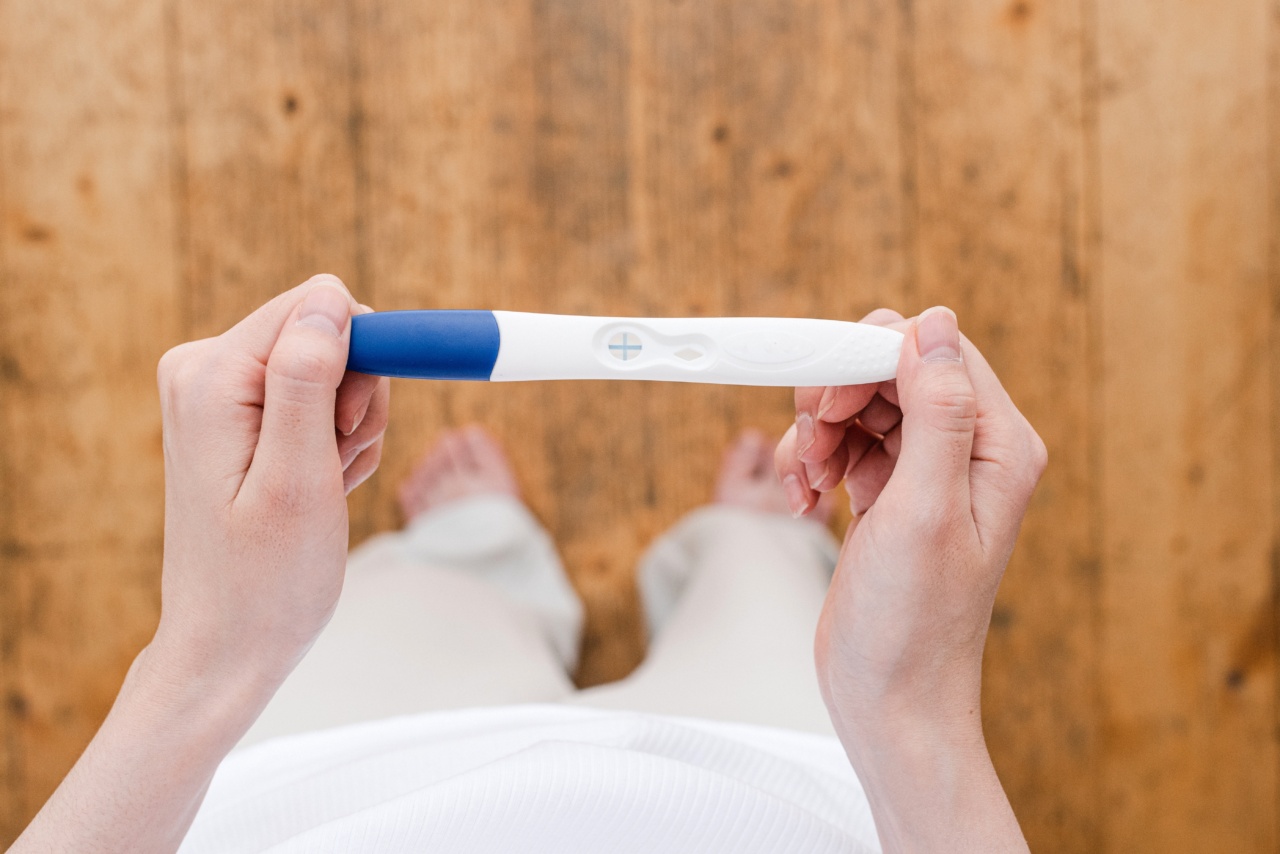As an expecting mother, taking care of yourself and your baby becomes paramount. With each passing trimester, your body goes through incredible changes, and it is crucial to monitor both your health and your baby’s development.
One of the most important periods during pregnancy is the third trimester, which spans from week 28 to week 40. During this time, several exams and tests are recommended to ensure the well-being of both mother and child. In this article, we will discuss ten essential exams you must take during the third trimester of pregnancy.
1. Glucose Challenge Test
The glucose challenge test, also known as the glucose screening test, is typically performed between weeks 24 and 28 of pregnancy. This exam checks for gestational diabetes, a condition that affects blood sugar levels during pregnancy.
By consuming a sweet drink and having your blood drawn after an hour, your doctor can evaluate how efficiently your body processes glucose. If the results are abnormal, further testing may be recommended.
2. Group B Streptococcus (GBS) Screening
Between weeks 35 and 37, a Group B Streptococcus (GBS) screening is performed. GBS is a type of bacteria that can be present in the vagina or rectum of a pregnant woman.
While harmless for the mother, it can cause serious complications for the baby during childbirth. A simple swab test determines the presence of GBS, allowing your healthcare provider to take preventative measures if necessary.
3. Fetal Movement Counting
Starting at around 28 weeks, it is recommended to monitor your baby’s movements on a daily basis. Keeping track of their kicks, rolls, and jabs can provide valuable insights into their well-being.
If you notice a sudden decrease in fetal movements, it may indicate a problem, and you should contact your healthcare provider immediately.
4. Ultrasound
During the third trimester, you may have an ultrasound exam to assess your baby’s growth, position, and overall health. This non-invasive procedure uses high-frequency sound waves to create images of your baby inside the womb.
Apart from checking their size and weight, an ultrasound can also help identify any abnormalities or potential complications.
5. Non-Stress Test (NST)
A non-stress test, typically performed after 28 weeks, evaluates your baby’s heart rate and their response to movements. You will be hooked up to a fetal monitor that records the baby’s heartbeat and any contractions you might be having.
By observing changes in heart rate during movements, your doctor can ensure that your baby is receiving sufficient oxygen and nutrients.
6. Biophysical Profile
A biophysical profile combines an ultrasound and non-stress test to obtain a more comprehensive evaluation of your baby’s well-being.
This exam assesses factors such as the baby’s breathing movements, muscle tone, amniotic fluid levels, and more. By examining multiple parameters, your healthcare provider can gain a more accurate understanding of your baby’s development.
7. Group A Streptococcus (GAS) Screening
In some cases, a Group A Streptococcus (GAS) screening may be recommended during the third trimester. GAS is a bacteria that can cause complications such as pneumonia or severe infections in newborns.
Testing for GAS involves a quick and painless swab of the throat and rectum to determine if the bacteria are present.
8. Cervical Checks
Starting around week 36, your healthcare provider may perform regular cervical checks to assess the readiness of your cervix for labor.
This involves gently examining the cervix’s dilation and effacement, which indicate how close you are to delivering your baby. While cervical checks are not mandatory, they can provide valuable insights as your due date approaches.
9. Blood Pressure Monitoring
Throughout the third trimester, it is vital to monitor your blood pressure regularly. High blood pressure can be a sign of preeclampsia, a serious condition that can jeopardize both maternal and fetal health.
By keeping a close eye on blood pressure readings, your healthcare provider can detect any potential issues early on and take appropriate measures.
10. Hemoglobin and Iron Levels
Anemia, or low iron levels, is relatively common during pregnancy. As your body works hard to support the growth of your baby, your iron needs increase significantly.
To ensure you are not deficient in iron and your hemoglobin levels are stable, regular blood tests may be conducted during the third trimester.
Overall, the third trimester is a crucial time for both you and your baby.
By undergoing these essential exams and tests, you can help ensure a healthy pregnancy, identify any potential complications, and make informed decisions for the well-being of both you and your baby. Remember, regular prenatal care and open communication with your healthcare provider are key to a successful pregnancy journey.




























